Greater Mekong Sub-Region poised to be attractive tourism destination by 2020
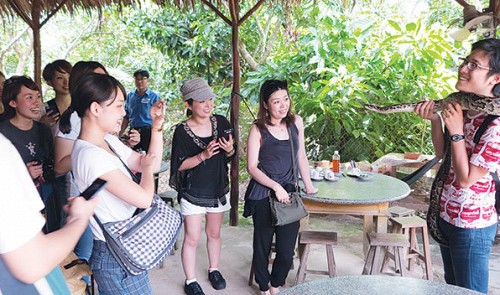
The Greater Mekong Sub-Region covers most countries and territories located along the Mekong River, including Cambodia, Laos, Myanmar, Thailand, Vietnam, and China’s Yunnan Province.
The target was set at a four-day workshop which concluded in the central city of Da Nang last Thursday, government website chinhphu.vn reported.
The GMS possesses many natural resources and rich human and cultural characteristics, with dozens of UNESCO-recognized natural and culture heritage sites, experts said at the event.
Countries in the region have recently attracted more attention from international and regional visitors and investors, said Vietnam’s Deputy Minister of Culture, Sports, and Tourism Le Khanh Hai.
In 2014, the number of tourists to the GMS reached nearly 54 million, accounting for 20.5 percent of total tourist arrivals in the Asia-Pacific region.
Tourism activities brought in more than $61 billion in revenue last year, contributing significantly to the GDP and the economic restructuring of the regional countries, thus helping to alleviate poverty there, Hai said.
To gain such achievements, besides cooperative efforts between the governments and state agencies in the GMS, there were also positive contributions by regional businesses, trade and industrial associations, and investors directly getting involved in promoting regional tourism development, Hai added.
So as to reach the 2020 goal, GMS member countries should continue to coordinate to create a variety of high-quality specific tourist products deeply imbued with the cultural characteristics of each country, the deputy minister said.
In addition, the regional countries should boost tourism promotion, invest more in technical and transport infrastructures to meet the growing demand of tourists, and create more opportunities for investors to participate in the development process, he added.
According to Deputy Minister Hai, in that context, the regional tourism management agencies should join hands in making common tourism mechanisms and policies and encouraging enterprises to channel funds into regional and transnational tourism products and infrastructure projects.
What is more, the GMS needs more support from international organizations and donors such as the Asian Development Bank, the Japanese government, foreign financial institutions and banks through the implementation of technical assistance projects and policies to encourage – and offer preferential loans for – tourism agencies and businesses, especially small and medium enterprises, Hai said.
At the conference, representatives of regional tourist offices, international organizations, and tourism businesses also suggested promoting public-private partnership mechanisms, and increasing investment in product and service development, promotion, and marketing campaigns through social networks.
Tourism promotion and marketing via social networking sites on which information can be accessed via smartphones are becoming more popular during the current boom in information technology, they said.
Sites like Facebook, Twitter, and TripAdvisor are attracting an increasingly large number of visitors, becoming one of the most effective tools for tourism promotion.
Matthew Zatto, destination marketing sales manager of the Southeast Asian region for TripAdvisor, told local news website vov.vn that international tourists tend to learn relevant information through social networks before booking tours or visiting certain attractions.
"Vietnam has already won numerous prestigious awards from TripAdvisor. For example, Hanoi has been awarded the Asia’s 2nd best destination title, Da Nang is also rated as the one of the most attractive destinations in the region,” he said.
“Additionally, those who plan to visit Ho Chi Minh City and Hoi An also appreciate the information available to them on TripAdvisor,” he added.
What the stars mean:
★ Poor ★ ★ Promising ★★★ Good ★★★★ Very good ★★★★★ Exceptional
Latest News
More News
- New opportunities for cultural tourism (December 04, 2024 | 10:40)
- Ba Ria-Vung Tau sets eyes on tourism growth (December 02, 2024 | 16:51)
- Hanoi Old Quarter marks 20 years of national heritage status (December 02, 2024 | 16:46)
- Vietnam named World’s Leading Heritage Destination for sixth year (December 02, 2024 | 16:22)
- Hanoi's culture shines bright through night activities (November 30, 2024 | 10:00)
- Airlines lease more planes for Tet peak season (November 28, 2024 | 10:16)
- Exploiting business aviation to sustain the momentum of foreign investment (November 25, 2024 | 14:48)
- Tourism sector striving to meet year-end visitor targets (November 21, 2024 | 17:56)
- Ba Ria-Vung Tau has the allure for festive season (November 14, 2024 | 08:48)
- Airport Dimensions partners with SASCO to enhance lounge services (November 07, 2024 | 18:35)






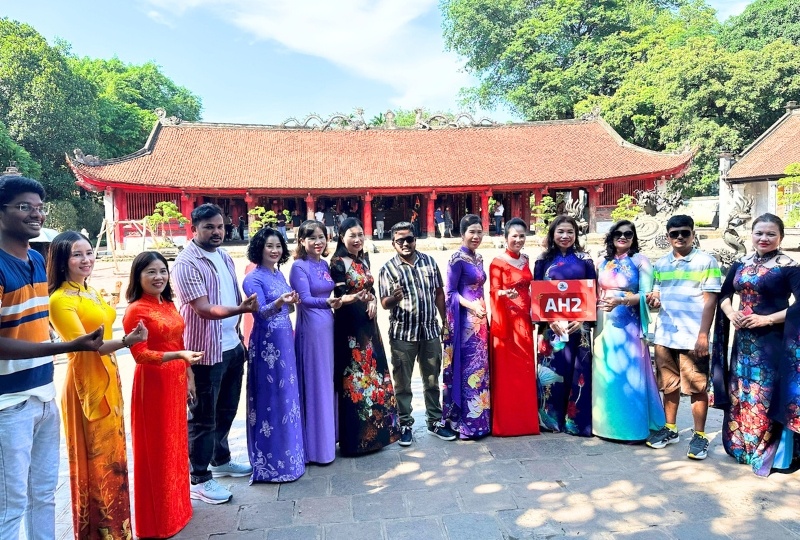
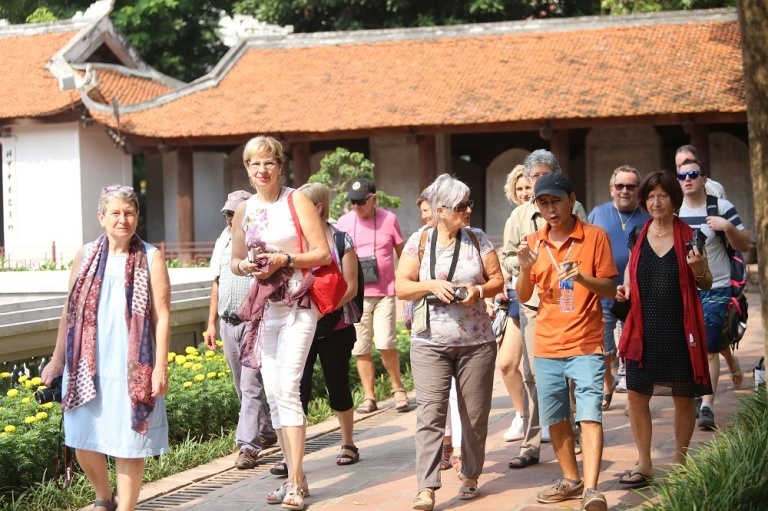

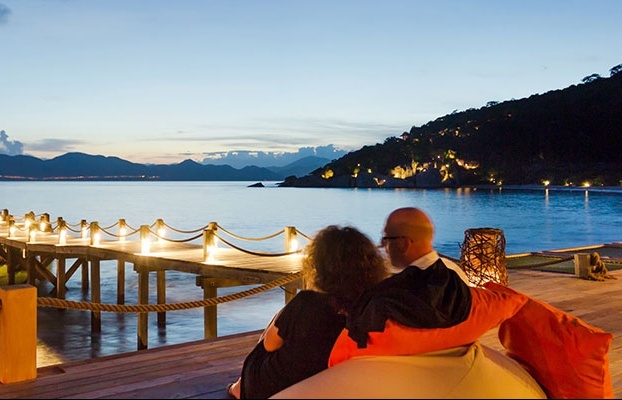



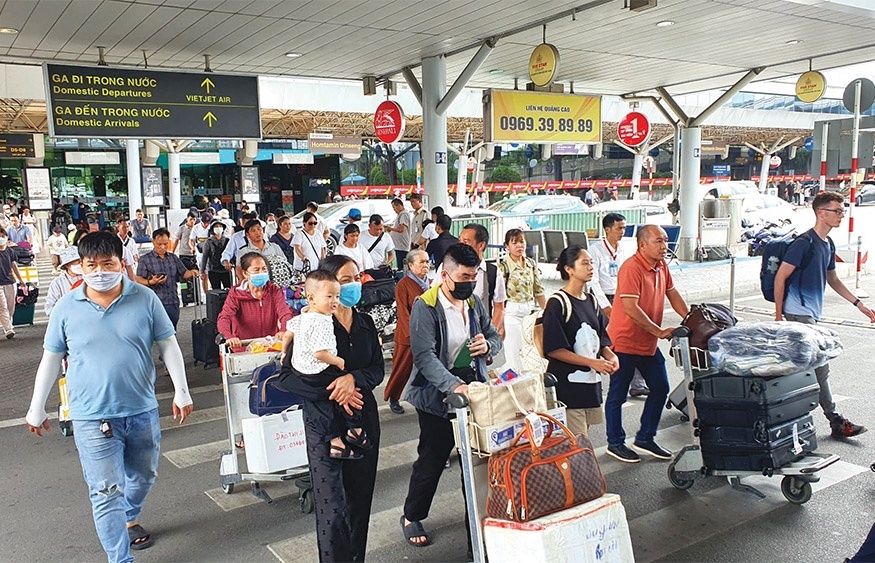



 Mobile Version
Mobile Version